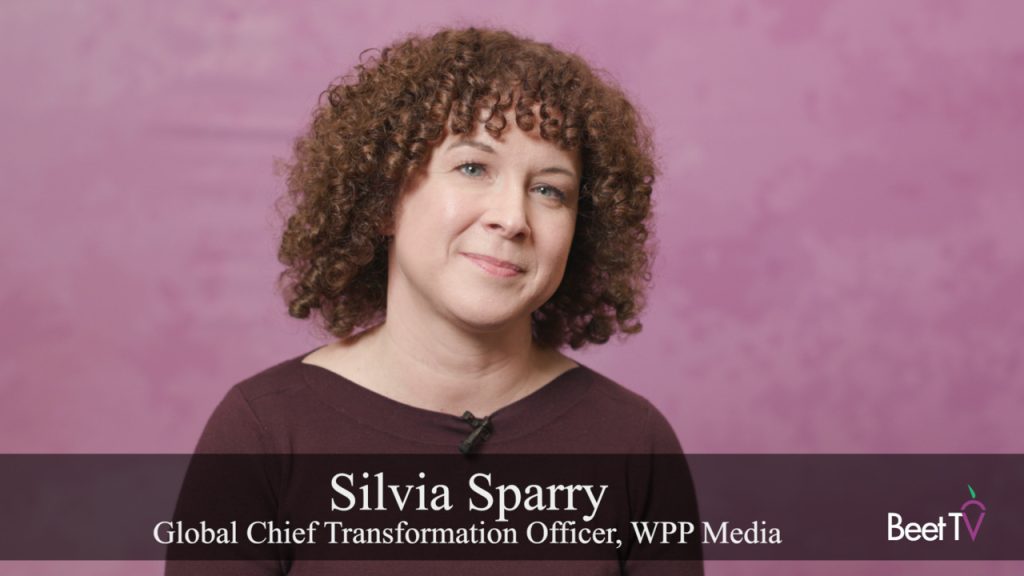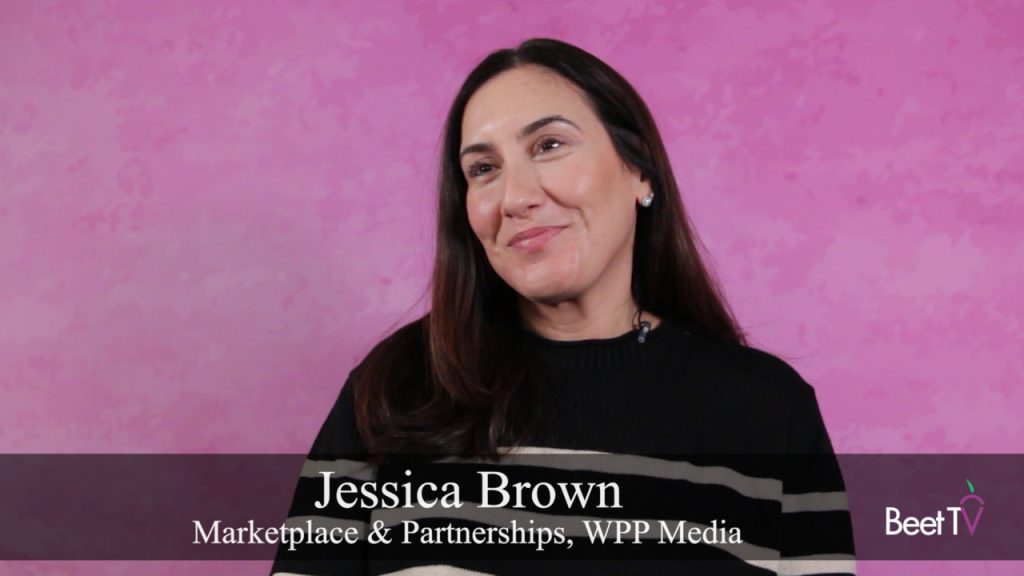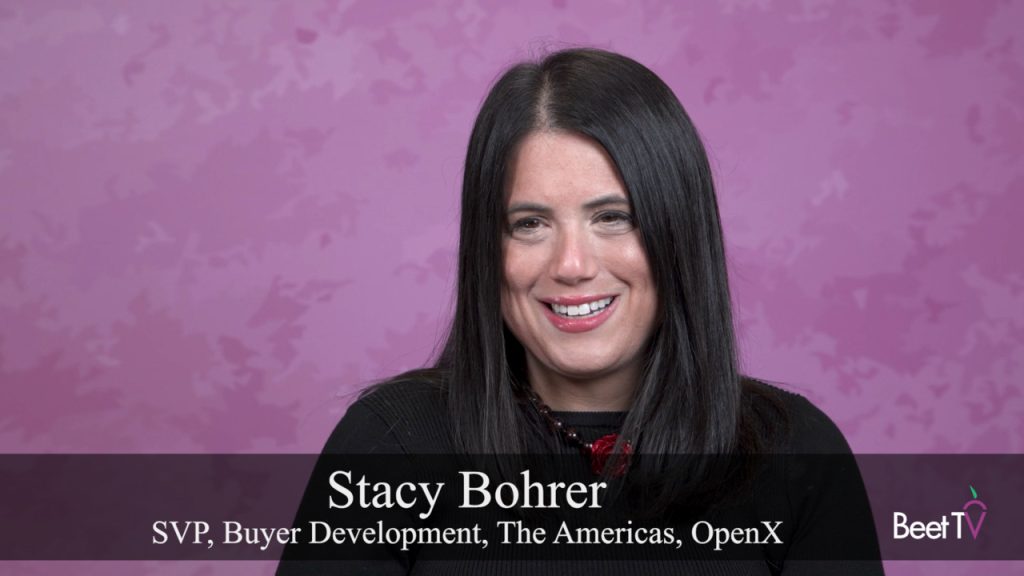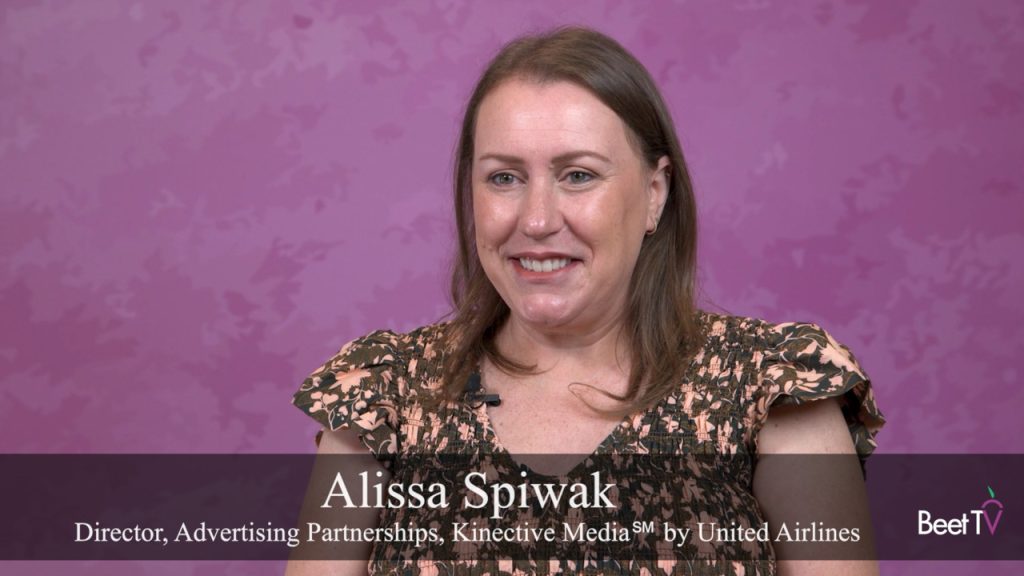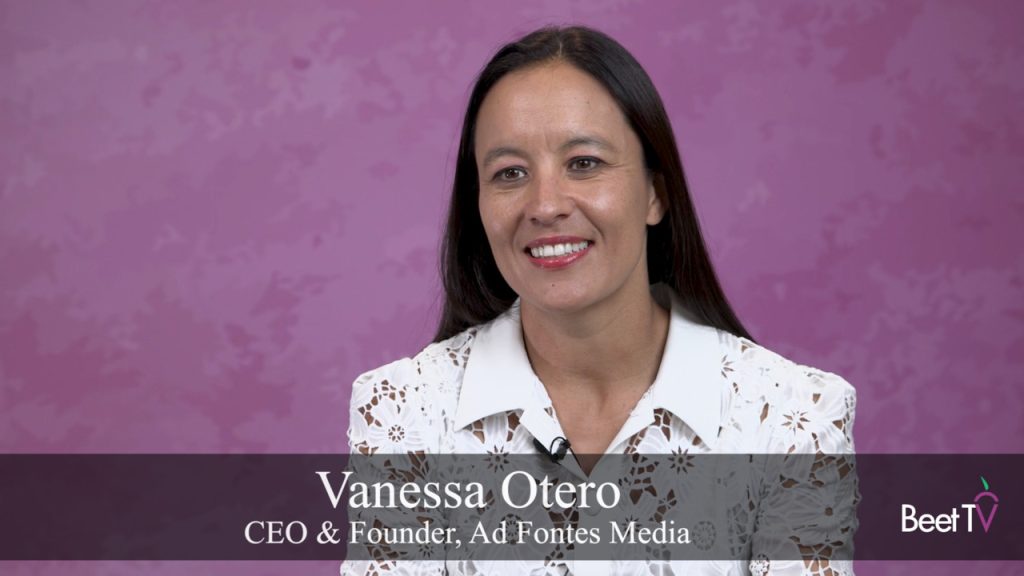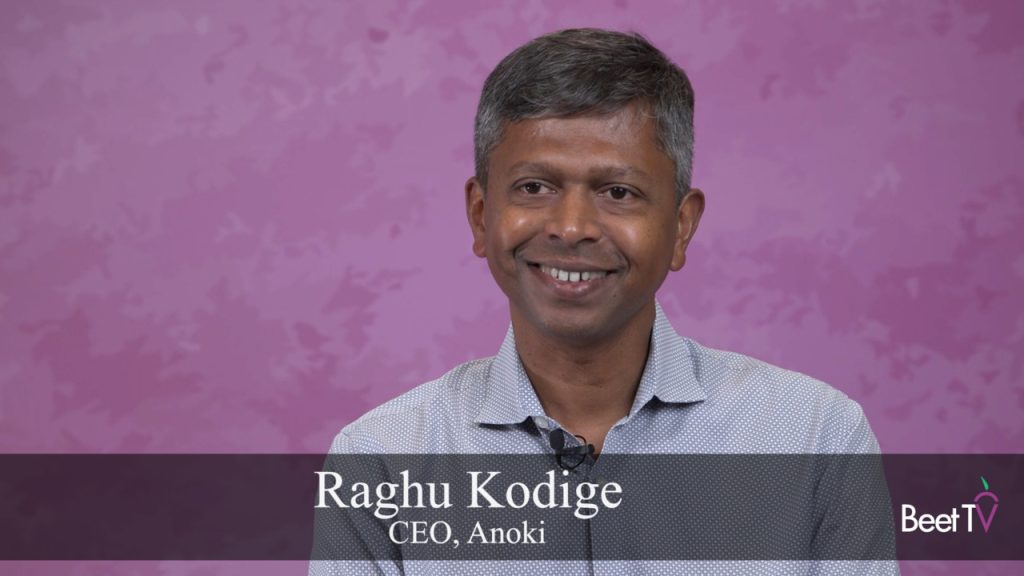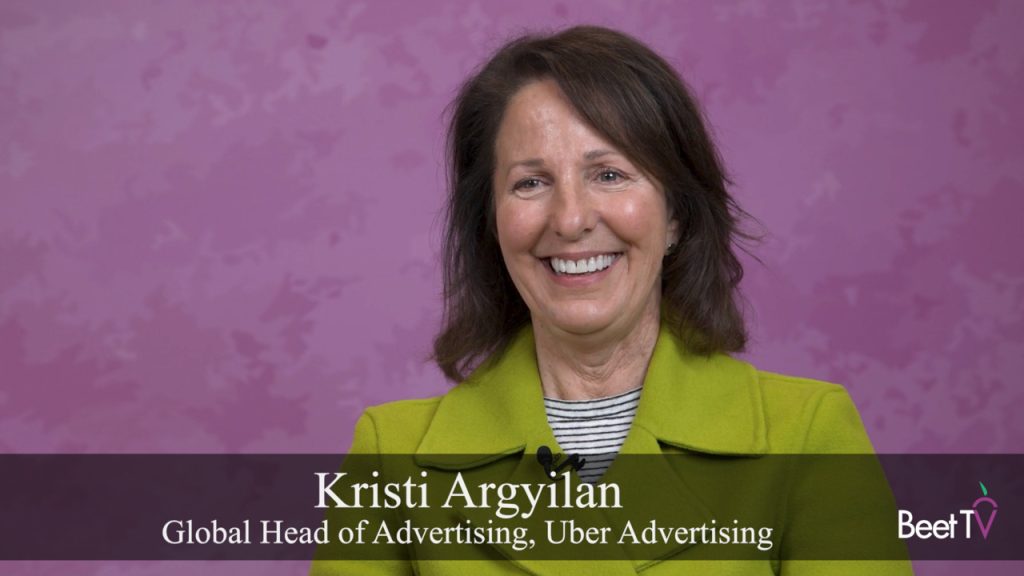While chatting with NYT.com Editor in Chief Len Apcar, we asked the man at the helm of one of the pioneering new media newspaper websites how journalists could make the transition from traditional media to the fast-pace, multi-dimensional world of new media.
Len saysthat journalists must now be ‘mentally ambidextrous’ when it comes to telling stories in this new media environment. He recommends thinking about how the story will play in these maindimensions, and learning the skills to execute as well.
It would seem journalists are taking the advice to heart. Kit Seelye at the New York Times has an interesting article today, ‘Times are Tough for News Media, but Journalism Schools Are Still Booming,’ about the continuing popularity of J-Schools, even as the age of the newspaper (seemingly) declines.
Several of these schools are incorporating new media into their curriculums. According to the article, the J-school at Missouri is building a new center to study new media technologies, and Columbia is offering degrees that combine journalism and business, or journalism and advertising.
In an interesting twist, students often know more about the technology than their professors. Many who have grown up on the Internet have a distinct advantage in media fields. On the Personal Bee blog, Dana Blakenhorn comments that he thinks J-schools should become more like business schools. With the tools of new media it’s easier than ever for writers to become publishers, but as journalists become publishers they need to be more aware of their responsibility to journalistic integrity to componsate for the lack of separation between editorial and business that previously existed at traditional news outlets. Dana links to a piece by G. Pascal Zachary, former Wall Street Journal reporter and current journalism professor at Stanford’s J-School, discussing his point of view on the future of journalism in America in the new media environment.
The Beet agrees that the ‘J-schools should be more like business schools’ argument is compelling, but from the standpoint that if J-schools are teaching skills that are more and more applicable to professions beyond journalism, then it makes sense to cross-list courses and blend professions. If journalists are graduating with the new media skills that business need to compete in the new media environment, then that’s one important benefit J-school has over B-school and the MBA.
(Hat tip to the MiniMediaGuy for the link to Dana’s commentary).
New York Times, Len Apcar, Journalism School, New Media, Dana Blakenhorn, G. Pascal Zachary, Stanford University School of Journalism, Columbia University School of Journalism, University of Missouri School of Journalism, Katherine Seelye







